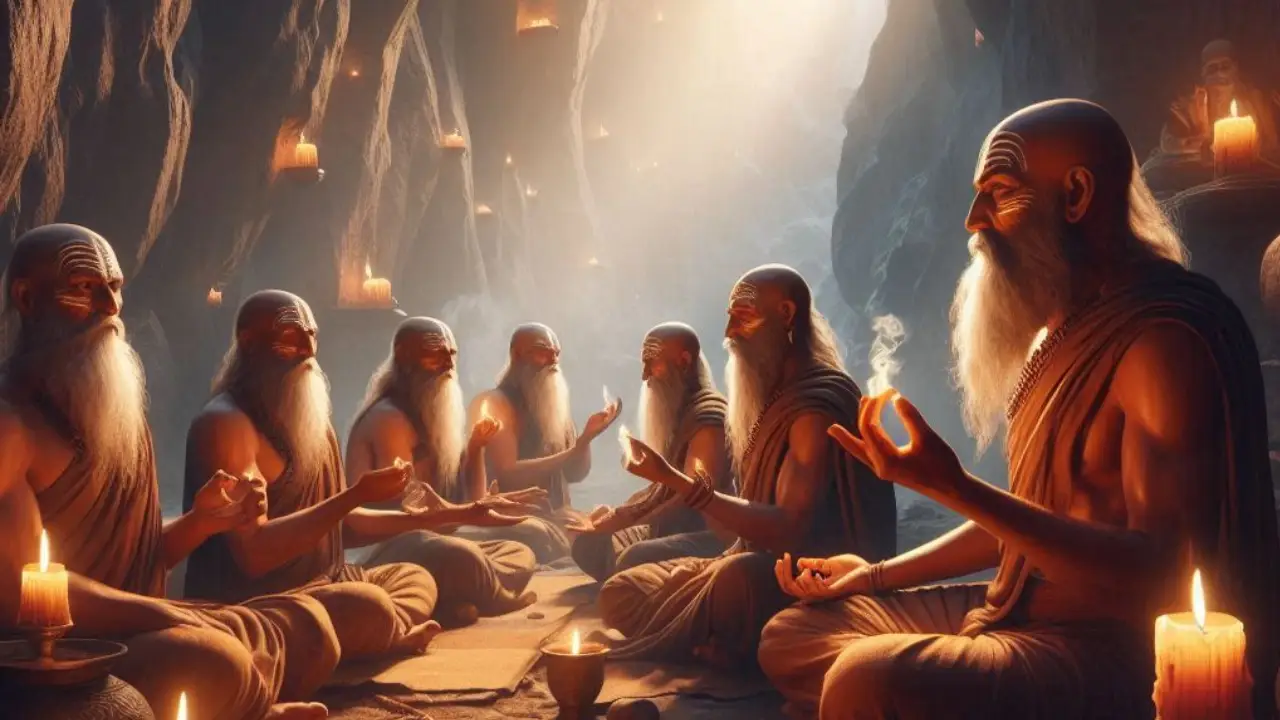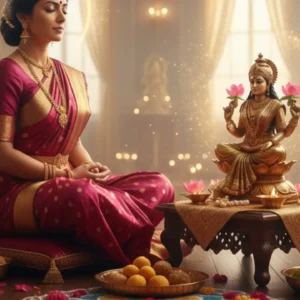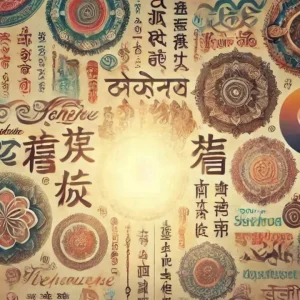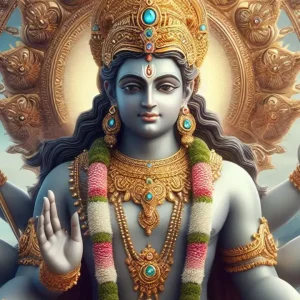Life often presents us with challenges that test our inner strength and resilience. In these moments, turning to the timeless wisdom of ancient shlokas can provide profound comfort and inspiration. Shlokas, the Sanskrit verses from Indian scriptures, are not just poetic expressions but also repositories of spiritual guidance. They have the power to instill courage, patience, and a sense of calm in the face of adversity. Let’s explore some of these powerful shlokas and how they can help us find our inner strength and resilience.
Understanding the Power of Ancient Shlokas
Shlokas are more than just verses; they encapsulate deep spiritual and philosophical insights. Reciting or meditating on these shlokas can help shift our mindset, offering a perspective that transcends immediate worries and connects us to a larger sense of purpose. The rhythmic and melodic nature of these verses also aids in calming the mind and reducing stress.
Ancient Shlokas for Inner Strength
Sarve Bhavantu Sukhinah (सर्वे भवन्तु सुखिनः)
“Sarve bhavantu sukhinah, Sarve santu niramayah, Sarve bhadrani pashyantu, Ma kaschid dukh bhag bhavet”
Translation: May all beings be happy, may all beings be free from disease, may all beings experience the auspicious, and may no one suffer in any way.
This shloka from the Brihadaranyaka Upanishad is a universal prayer for well-being and happiness. It reminds us of the interconnectedness of all life and instills a sense of empathy and compassion. When we focus on the well-being of others, we often find that our own strength and resilience grow in return.
Asato Ma Sadgamaya (असतो मा सद्गमय)
“Asato ma sadgamaya, Tamaso ma jyotirgamaya, Mrityor ma amritam gamaya”
Translation: Lead me from falsehood to truth, from darkness to light, from death to immortality.
This shloka from the Brihadaranyaka Upanishad is a profound prayer for guidance and transformation. It encourages us to seek truth, enlightenment, and eternal life. Reciting this shloka can instill hope and courage, guiding us through the darkest times toward a brighter, more enlightened existence.
Om Tryambakam Yajamahe (ॐ त्र्यम्बकं यजामहे)
“Om tryambakam yajamahe sugandhim pushtivardhanam, Urvarukamiva bandhanan mrityor mukshiya maamritat”
Translation: We meditate on the three-eyed one, who permeates and nourishes all like a fragrance. May he liberate us from the bondage of worldly attachments and death, granting us the nectar of immortality.
Known as the Mahamrityunjaya Mantra, this powerful shloka from the Rigveda is a prayer for healing and protection. It invokes Lord Shiva’s blessings to overcome obstacles and fears, promoting inner strength and resilience.
Ancient Shlokas for Resilience
Vasudhaiva Kutumbakam (वसुधैव कुटुम्बकम्)
“Ayam nijah paro veti ganana laghuchetasam, Udara charitanam tu vasudhaiva kutumbakam”
Translation: The narrow-minded distinguish between one’s own and another’s; to the broad-minded, the whole world is a family.
This shloka from the Maha Upanishad teaches the value of inclusivity and universal love. Embracing this perspective can build resilience by fostering a sense of community and mutual support, reminding us that we are never alone in our struggles.
Karmanye Vadhikaraste (कर्मण्येवाधिकारस्ते)
“Karmanye vadhikaraste ma phaleshu kadachana, Ma karmaphalahetur bhurmate sangostvakarmani”
Translation: You have the right to perform your prescribed duties, but you are not entitled to the fruits of your actions. Never consider yourself the cause of the results of your activities, nor be attached to inaction.
This shloka from the Bhagavad Gita emphasizes the importance of focusing on our efforts rather than being fixated on the outcomes. It teaches us to perform our duties with dedication and detachment, fostering resilience by reducing anxiety about the future and helping us stay grounded in the present.
Yatra Yogeshwara Krishna (यत्र योगेश्वरः कृष्णः)
“Yatra yogeshwara krishna yatra partho dhanur dharah, Tatra shrir vijayo bhutir dhruva nitir matir mama”
Translation: Wherever there is Krishna, the master of yoga, and wherever there is Arjuna, the supreme archer, there will also surely be fortune, victory, prosperity, and sound morality.
This concluding verse of the Bhagavad Gita reinforces the idea that divine guidance and righteous action lead to success and prosperity. Believing in this principle can enhance resilience, providing confidence that right efforts coupled with divine support will lead to positive outcomes.
Real-Life Examples of Ancient Shlokas in Practice
Many people across the world draw strength from these ancient verses. Consider the story of Arjuna, the warrior prince in the Mahabharata. Faced with the monumental task of fighting a war against his own relatives, Arjuna found himself paralyzed by doubt and despair. It was Krishna’s teachings, encapsulated in the shlokas of the Bhagavad Gita, that gave Arjuna the courage and clarity to fulfill his duty.
In modern times, leaders and individuals alike use these ancient shlokas as sources of motivation and guidance. Mahatma Gandhi often recited the first shloka of the Isha Upanishad, “Ishavasyam idam sarvam,” to remind himself of the omnipresence of the divine and to stay resilient in his quest for India’s independence.
How to Incorporate Shlokas into Daily Life
Integrating these shlokas into your daily routine can be a transformative practice. Here are a few ways to do so:
Morning Recitation: Start your day by reciting a shloka that resonates with you. This sets a positive tone for the day and reinforces your inner strength.
Meditation: Use shlokas as focal points during meditation. Their rhythmic nature helps calm the mind and instill a sense of peace.
Affirmations: Write down your favorite shlokas and place them where you can see them regularly, such as your desk or mirror. Reading them throughout the day can provide ongoing inspiration.
Prayer: Incorporate shlokas into your daily prayers or spiritual practice. They can deepen your connection to the divine and enhance your resilience.
Inner strength and resilience are crucial for navigating life’s challenges. By embracing the wisdom of ancient shlokas, you can cultivate these qualities within yourself. I encourage you to start incorporating these powerful verses into your daily life. Share your experiences in the comments below—how have these shlokas helped you find strength and resilience? Let’s create a community where we support and inspire each other through these timeless teachings.





